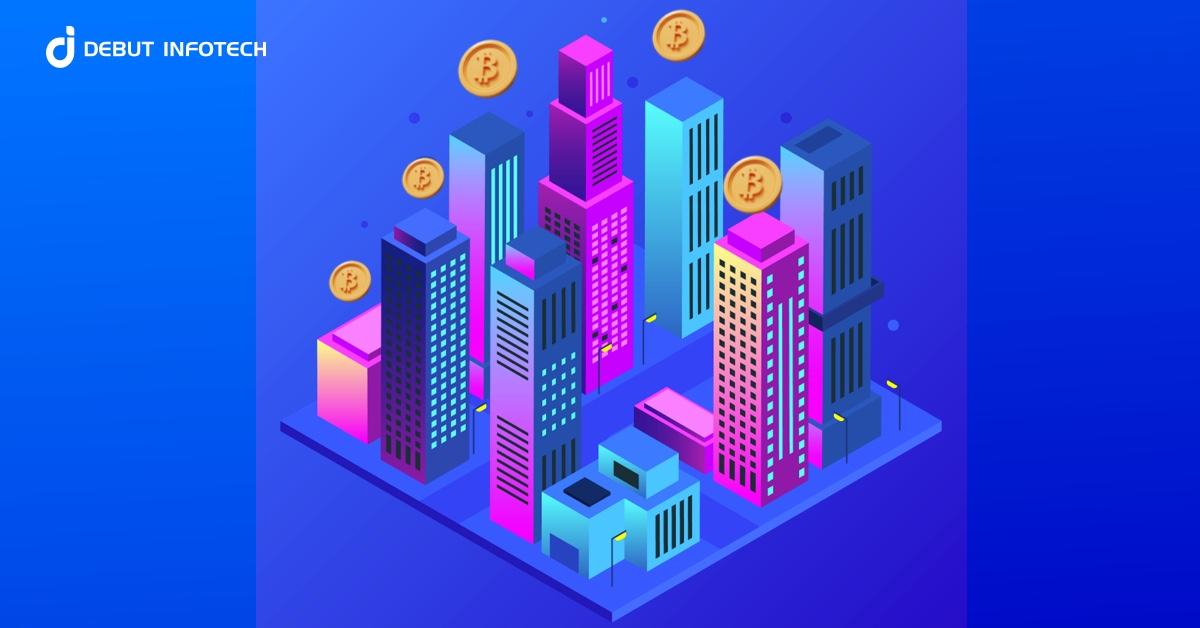What is the Future of Tokenization? Exploring Digital Asset Transformation

Tokenization is changing the way we think about ownership and value. At its core, tokenization means turning assets into digital tokens that can be easily traded or owned on the blockchain. This has huge potential for the future, especially as more industries see the benefits of this technology.
One of the main things driving the future of tokenization is its ability to break down big assets, like real estate or art, into smaller, more affordable pieces. This makes it easier for people to invest in things that were once out of reach. For example, instead of needing millions to invest in a high-end painting, you could own a fraction of it.
In addition to this, tokenization opens doors for faster and cheaper transactions. With blockchain, assets can be traded quickly without the need for intermediaries like banks or brokers, saving time and money.
Real-life examples like tokenized real estate platforms are already showing how this can work. Companies like RealT have made it possible for people to buy fractional shares of property, making investing in real estate more accessible.
As the future of tokenization continues to grow, we’ll likely see more industries adopting this tech to simplify how assets are owned, traded, and invested in.
- Art
- Causes
- Crafts
- Dance
- Drinks
- Film
- Fitness
- Food
- Oyunlar
- Gardening
- Health
- Home
- Literature
- Music
- Networking
- Other
- Party
- Religion
- Shopping
- Sports
- Theater
- Wellness
- IT, Cloud, Software and Technology


